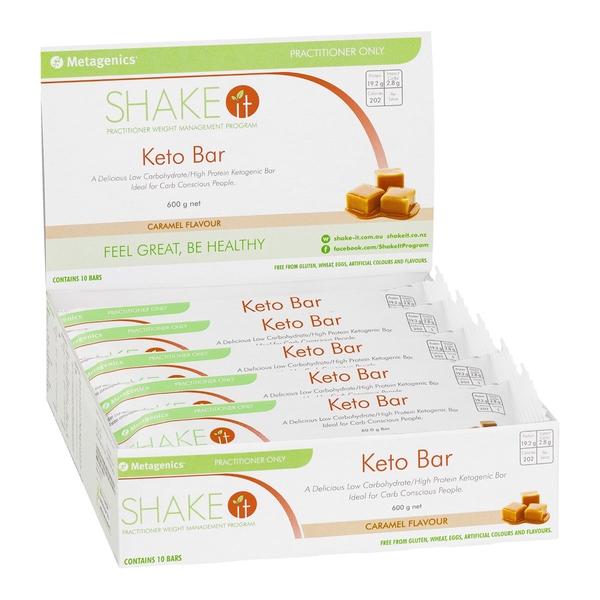
Polydextrose
Alternate names: E 1200
Actions: Antineoplastic, Dental, Detoxification, Gastrointestinal, Hypoglycemic, Lipid, Weight loss
Background
Polydextrose is a complex carbohydrate made from glucose. It's made in a lab and is not digested by the body. Polydextrose is often used as a prebiotic.
Polydextrose does not get digested by the human body. Instead it's digested by good bacteria found in the colon. This helps the good bacteria to grow, which is why it's used as a prebiotic. Prebiotics act as food for probiotics (good bacteria).
People use polydextrose for constipation, prediabetes, diabetes, irritable bowel syndrome (IBS), and many other conditions, but there is no good scientific evidence to support these uses.
Don't confuse prebiotics with probiotics. These are not the same.
Polydextrose does not get digested by the human body. Instead it's digested by good bacteria found in the colon. This helps the good bacteria to grow, which is why it's used as a prebiotic. Prebiotics act as food for probiotics (good bacteria).
People use polydextrose for constipation, prediabetes, diabetes, irritable bowel syndrome (IBS), and many other conditions, but there is no good scientific evidence to support these uses.
Don't confuse prebiotics with probiotics. These are not the same.
Safety Safety definitions
When taken by mouth: Polydextrose is likely safe when consumed in foods in amounts less than 15 grams daily. Polydextrose is possibly safe when used as medicine in doses up to 50 grams daily for up to 12 weeks. But it is possibly unsafe to use in higher amounts. Taking more than 90 grams of polydextrose daily, or more than 50 grams at one time, might cause severe diarrhea in some people.
Children: Polydextrose is possibly safe for infants when added to formula at concentrations of 2-4 grams per liter of formula. It is also possibly safe for children 4-8 years old to take in doses of about 4 grams daily.
Special Precautions & Warnings:
Pregnancy and breast-feeding: There isn't enough reliable information to know if polydextrose is safe to use as a medicine when pregnant or breast-feeding. Stay on the safe side and stick to food amounts.Children: Polydextrose is possibly safe for infants when added to formula at concentrations of 2-4 grams per liter of formula. It is also possibly safe for children 4-8 years old to take in doses of about 4 grams daily.
Effectiveness
Effective Effectiveness definitions
There is interest in using polydextrose for a number of purposes, but there isn't enough reliable information to say whether it might be helpful.
Dosing & administration
Polydextrose has most often been used by adults in doses of 4-12 grams by mouth daily for up to 4 weeks. Speak with a healthcare provider to find out what dose might be best for a specific condition.
Interactions with pharmaceuticals
It is not known if this product interacts with any medicines.
Before taking this product, talk with your health professional if you take any medications.
Before taking this product, talk with your health professional if you take any medications.
Interactions with herbs & supplements
There are no known interactions with herbs and supplements.
Interactions with foods
There are no known interactions with foods.
Products
View all productsPer bar:
- Polydextrose
- Soy protein isolate
- Whey protein concentrate
- Calcium caseinate
- Maltitol
- Theobroma cacao (Cocoa solids)
- Milk solids powder
- Soy lecithin
- Polyglycerol polyricinoleate (E-476)
- Natural vanilla flavour
- Glycerol
- Sorbitol
- Sunflower oil
- Natural flavours
- Thiamine hydrochloride (Vitamin B1)
- Riboflavin (Vitamin B2)
- Pyridoxine hydrochloride (Vitamin B6)
- Ascorbic acid (Vitamin C)
- Cholecalciferol
- d-alpha-Tocopheryl acid succinate
- Nicotinamide (Vitamin B3)
- Calcium pantothenate (Vitamin B5)
- Calcium hydrogen phosphate
- Ferrous fumarate
- Zinc bisglycinate (Zinc amino acid chelate)
- Chromium nicotinate
- Copper gluconate
- Manganese amino acid chelate
- Potassium iodide
- Biotin
- Theobroma cacao (Cocoa powder)
- Tocopherols concentrate - mixed (Vitamin E)
- Acacia sp. (fibre)
- Stevia rebaubiana
Practitioner product
Per bar (Chocolate):
RRP: $59.40$53.46Save: 10%
Create account
Per bar (Belgian Choc):
- Polydextrose
- Hydrolysed bovine collagen
- Sugar
- Vegetable fat
- Theobroma cacao (Cocoa powder)
- Sunflower lecithin
- Sea salt
- Natural flavours
- Water
- Erythritol
- Corn maltodextrin
- Gelatin
- Agar-agar
- Potassium sorbate
- Stevia rebaubiana
- Glycerine
RRP: $59.40$53.46Save: 10%
Create account
vital.ly has licensed monographs from TRC Healthcare.
This monograph was last reviewed on 14/02/2025 11:00:00 and last updated on 14/12/2021 08:04:34. Monographs are reviewed and/or updated multiple times per month and at least once per year.
Natural Medicines disclaims any responsibility related to medical consequences of using any medical product. Effort is made to ensure that the information contained in this monograph is accurate at the time it was published. Consumers and medical professionals who consult this monograph are cautioned that any medical or product related decision is the sole responsibility of the consumer and/or the health care professional. A legal License Agreement sets limitations on downloading, storing, or printing content from this Database. No reproduction of this monograph or any content from this Database is permitted without written permission from the publisher. It is unlawful to download, store, or distribute content from this site.







